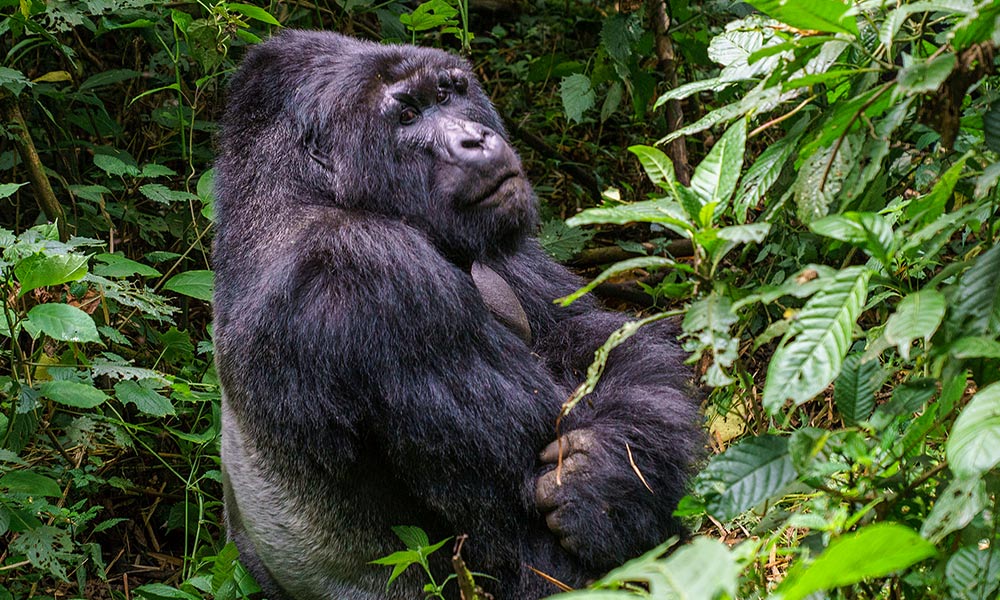Welcome to our safari guide and advice section. Here you will find a wealth of information about every aspect of visiting Africa’s game reserves and wilderness areas. We believe this is probably the most comprehensive guide to going on safari to be found anywhere on the internet!
Compiled by our experienced field guides, this section will help you to decide when to go, where to go, what to take, and what to expect. Whether you are planning your very first visit to Africa, or if you have been on safari many times before, there will be some useful tips and advice for everyone.
Safari Advice
What To Take On Safari
What To Wear On Safari
Safari Reading List
Etiquette On Safari
When To Go
Wildlife Spotting Guide
How to plan your African safari
African safari trips offer tourists a wonderful experience of a lifetime, exposing them to incredibly wide range of wild animals, pristine beaches, towering mountains impressive waterfalls and other natural wonders.
But a successful safari in Africa does not just happen! It requires a great deal of advance planning and research.
The following 7 easy steps will help you plan successful African safari trips.
1.) Destination
Select a destination. The most popular countries for a safari in Africa are South Africa, Tanzania, Kenya and Botswana. Kruger National Park (South Africa), Masai Mara (Kenya), Serengeti (Tanzania) and Victoria Falls (Zambia/Zimbabwe) are some of Africa’s most popular safari destinations.
Cape Town
Cape Town (South Africa) is popular holiday destination. It was named the best travel destination in the world by TripAvisor in May 2011.
2.) Visa requirements
Research the country’s visa requirements. Some countries require visitors to obtain a travel visa. It is advisable to get a visa from the respective country’s embassy before your departure date as some airlines may ask for it before allowing you to board.
3.) Health
Identify any required vaccinations or preventative medications. Contact your doctor at least a month before your safari. Malaria is a common disease in Africa, so you may wish to take precautions. Also, visitors arriving from countries where Yellow Fever is endemic are required to carry evidence of inoculation.
4.) Budget
Create a budget. Truth be told; African safari trips are not cheap so be ready to spend a significant amount of money. The best way to enjoy your African safari is to stay in a private game reserve. You can save some money by staying in a hotel outside the game reserve. However, you may still need to rent a car to take you to the game reserve – which might be expensive.
5.) Accommodation
Find a good lodge. Search the Internet for game lodges or contact a travel agent who specializes in African safari trips. It is recommendable to choose a complete package that includes airfare, lodging and ground transportation. Accommodations vary so it’s important to ask questions to find a room that fits your comfort level. Get full details on what is included in the price.
6.) Transportation
Reserve transportation to the park. Book airline tickets into the nearest major city. You may need to take another flight to a city close to the game reserve. From here, you can rent a car and self drive, arrange to be picked up by a taxi or take a small private aircraft if the game reserve has an airstrip.
7.) What to carry
Pack wisely. Carry the following items: shorts, pants, short sleeve shirts, jacket or sweater, closed in shoes, hat, sun glasses, mosquito repellent and a camera. While on safari, lightweight clothing featuring neutral colours is recommended.








